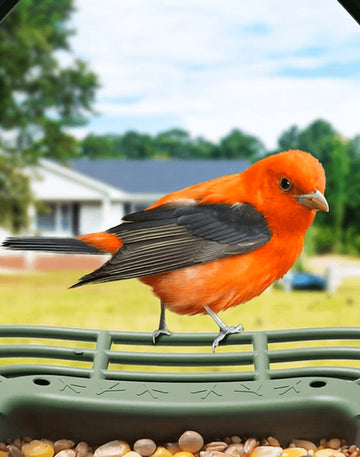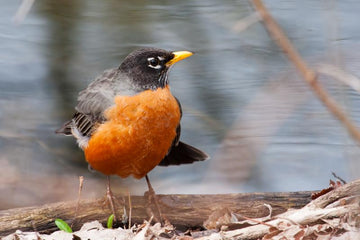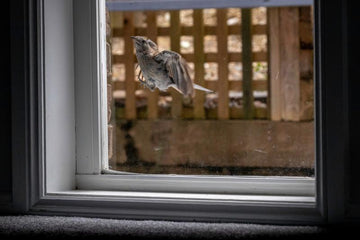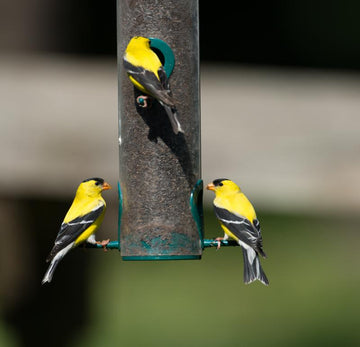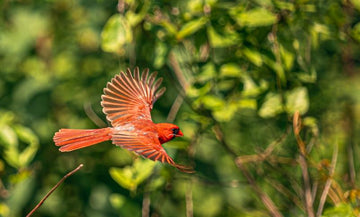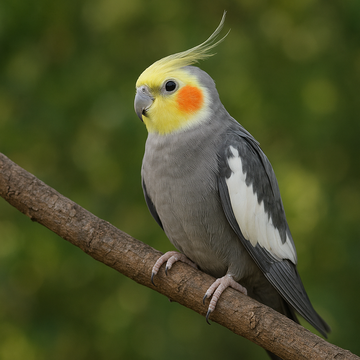Should You Feed Birds in Summer? A Complete Guide for Bird Lovers
Many bird enthusiasts wonder: should you feed birds in summer? After all, natural food sources are abundant during the warmer months. Flowers bloom, insects thrive, and berries ripen—making it seem like backyard feeders might not be necessary. Yet, summer bird feeding is a more nuanced topic than a simple yes or no.
Why Some Experts Encourage Summer Bird Feeding
Groups like the National Audubon Society say that while birds usually find enough grub in the summer, bird feeders really help when there's a drought, heat wave, or they lose their homes. The Cornell Lab of Ornithology says that feeders in your yard can lure parent birds looking for a fast and sure bite while they're busy raising their young. When seeds and suet are easy to grab, parents have more time to go after bugs, which the babies need.
Also, different birds eat different foods. Some birds, like finches, cardinals, and doves, still like seeds even when there are plenty of bugs around. Feeders can also bring in young birds that are just learning to feed themselves, which makes things easier for them.

Potential Concerns with Feeding Birds in Summer
Conversely, summer feeding offers quite a bit of challenges. The RSPB (Royal Society for the Protection of Birds) cautions that suet can dry up and spoil faster in the sun, and the same applies for seeds. Spoiled seeds and suet present health risks. Mold and mites are problematic, and feeder malfunctions can likewise expose bird populations to diseases.
The situation also intensifies the risk of unwelcome critters. In the summertime, squirrels, raccoons, and even bears attempt to pilfer by the feeders. Improperly secured feeders invite the wildlife, leading to the birds receiving little to no food because everything will have been taken by unwanted visitors.
Regional Differences in Summer Feeding
Location-based conditions largely determine the necessity of primary replenishing.
During the summer, for northern states and Canadian provinces, the period is rather short, leading to migration for breeding. It is quite critical, and the only source of energy is maintenance for the chicks and preparation for the molting to come. The northern states and Canadian provinces should keep their feeders full. Feeding the birds helps in maintaining the community.
On the other hand, southern states require management for different extremes like the southern heat. Ensuring that the seed and the feeders are of a certain quality as well as being free of debris is also important as the feed needs to be in accordance with the southern climate.

Providing sugar-water feeders is a necessity in the western deserts during the mid-summer season when there are no flowers. This allows the hummingbirds to have a proper source of food, which helps them in the blooming cycle of the feeder.
Does Feeding Birds in Summer Mess with Migration?
Bird lovers often worry that feeding birds during the summer might mess up their migration. They think birds might get lazy or skip migrating if food is always around. Good news: studies say that's not true.
Migration mostly happens because of changes in daylight and the seasons, not because of food. The Cornell Lab of Ornithology says birds are programmed to move when they should, no matter if there's a feeder nearby. Feeders that are kept clean can actually help migrating birds survive since they make sure the birds are in good shape when they leave.
Tips for Feeding Birds in Summer
Keep those feeders clean! Audubon says give them a wash every couple of weeks with a little diluted bleach (one part bleach, nine parts water). It helps stop germs from spreading.
Serve the right snacks. When it's hot, go for seeds and nectar instead of suet, unless you have the kind that won't melt.
Don't forget the water! Birds get thirsty and need to bathe. A birdbath with clean, shallow water can be more appealing than food when it's really hot outside.
Keep squirrels away. Use feeders that are squirrel-proof – the kind with built-in deterrents, like predator sounds or motion sensors. That way, the birds get all the food.

WoBirdy Smart Bird Feeder Makes Summer Bird Feeding Easier
For bird lovers who want to keep feeding in summer without worrying about spoilage or squirrels, WoBirdy smart bird feeder provide a modern feeding solution. With features like 2.5K video and 5MP photo capture, AI-powered bird identification covering over 10,000 species, dual solar panels for 24/7 operation, and IP65 weather-proofing, they make birdwatching enjoyable year-round. Best of all, app-connected deterrents like predator sound playback can keep squirrels away, ensuring your feeder is reserved for feathered guests only.

Search
Popular Posts
Recent Posts
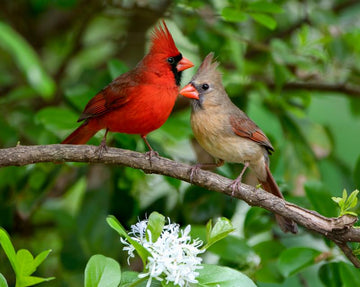
August 21, 2025
Top 12 Common Birds You Can Spot with a Bird Feeder Camera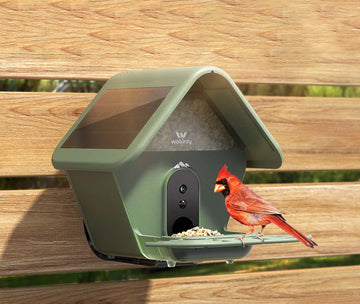
August 21, 2025
Smart Bird Feeder Buying Guide: Features That Really Matter



